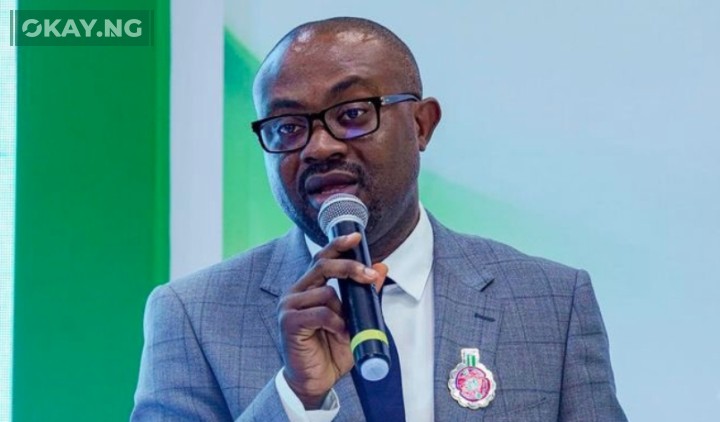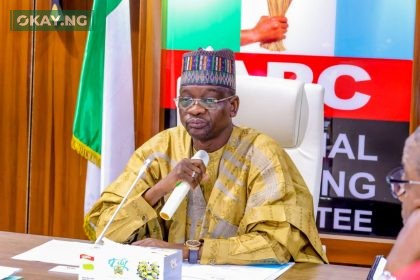The Federal Government has revealed that over 14,000 visa applications were processed within the first six weeks of launching Nigeria’s electronic visa (e-visa) system, which officially went live on May 1, 2025.
Okay.ng reports that Minister of Interior, Dr. Olubunmi Tunji-Ojo, disclosed this during a stakeholders sensitization workshop on Monday, held at the Nigeria Immigration Service (NIS) headquarters in Abuja.
Describing the rollout as a major step forward for Nigeria’s migration and economic agenda, the minister emphasized that the performance of the e-visa regime is a “pass mark by any standard in the world.”
“Within the first six weeks of the e-visa, we were able to process over 14,000 visa applications. That by any standard in the world, is a pass mark,” Tunji-Ojo stated. “Even with a few initial hitches, we are confident that within the next one to two weeks, they will be history.”
He explained the government’s motivation behind the initiative, pointing out that the e-visa system was introduced not only to modernize migration control but also to stimulate economic growth and eliminate corrupt practices.
“When somebody needs a visa to Nigeria, and all he is looking for is who knows the minister or the CG of Immigration, that’s not how to grow a country,” he said. “You must make it easy while not compromising national security.”
The minister also announced that two additional services—the electronic Combined Expatriate Residence Permit and Aliens Card (e-CERPAC) and the electronic Temporary Work Permit (TWP)—will go live in the coming week.
He warned that the digitalisation of the TWP will put an end to the misuse of the permit as a loophole to bypass residence documentation.
“That era when people come on TWP almost for free and keep renewing it to evade the law is gone,” Tunji-Ojo said. “TWP is now automated just like CERPAC.”
In addition, the minister highlighted savings of over N1 billion annually following the cancellation of contracts related to manual passport archiving, noting that this was part of the ministry’s drive to eliminate waste and enhance service delivery.
On border security, he said Nigeria’s e-border solutions have improved surveillance and protection, even though there is still more work to be done.
“We are not yet where we want to be, but we are not where we were. We will continue to invest in e-border governance and put more boots on the ground,” he added.
Also speaking at the event, Comptroller General of Immigration, Kemi Nandap, outlined the digital innovations being deployed by the NIS, including the e-Visa Application Portal, Landing and Exit Cards, and the installation of e-Gates at major airports.
“These digital solutions streamline processes, enhance security, and improve the experience for travellers and stakeholders,” she said.
According to her, the e-CERPAC now integrates residence permits into a digital format for expatriates, while the digitized TWP speeds up application processing for short-term foreign workers.











